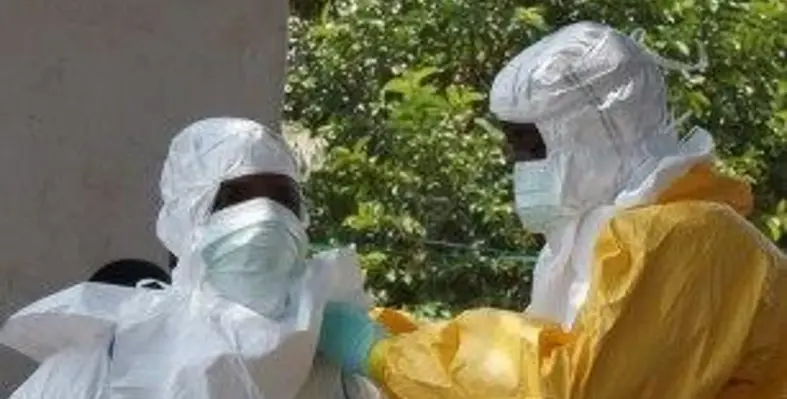The WHO said that the Ebola Virus Disease (EVD) in the Democratic Republic of the Congo did not yet warrant a Public Health Emergency of International Concern (PHEIC)
However, between 4 April and 17 May, 45 cases of EVD have been reported in the country. Of these 25 have died and three healthcare workers are also said to be infected.
Most of the 45 cases are in the remote Bikoro health zone, which lacks the healthcare infrastructure to tackle the spread of Ebola.
The WHO said that the one confirmed case is in Mbandaka, a city of 1.2mn, could lead to the disease spreading.
Further, Mbandaka is close to the Congo River, a cause for worry since the river sees significant regional traffic.
The Ebola virus, which has caused several thousand deaths, is a communicable viral disease which causes severe bleeding, organ failure and could lead to death.
The first outbreak of the disease was recorded in Guinea in 2013 and later spread to Guinea, Liberia, and Sierra Leone, with minor outbreaks in other regions.
The WHO called on countries to screen passengers at airports and ports on the Congo river and provide medical aid when needed.
The organisation also stressed that there should be no trade or international travel restrictions.












